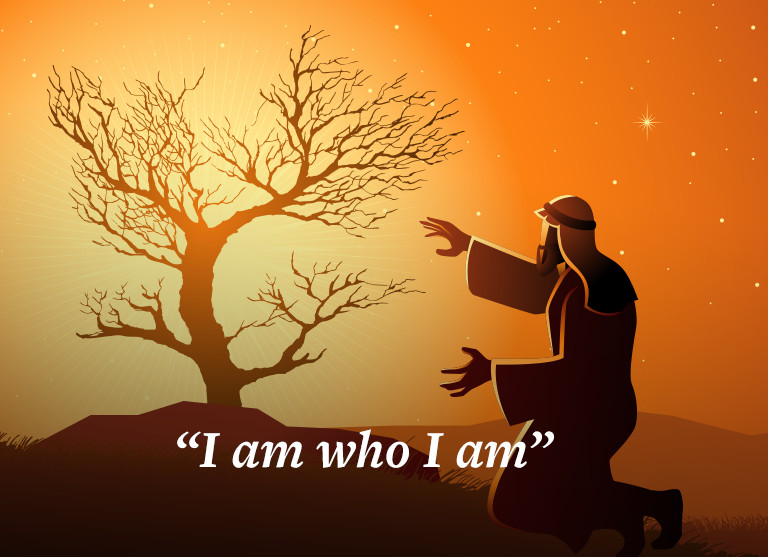
The eternal name
The Hebrew Origins of Scripture Revealed
-
The Unchanging Source
On the top of Horeb, the Mountain of God, Moses comes face-to-face with the Lord and dares to ask his name. God’s cryptic response is “I am who I am”. This is an odd response because it is not a name but more of a motto. In the original Hebrew, what God actually says is ehiyeh asher ehiyeh אֶהְיֶה אֲשֶׁר אֶהְיֶה. Right away you can hear the similarity between the sound of the word “I am” (ehiyeh) and the holiest name of the Lord יהוה (Yahweh). Both words have to do with being. But let’s dig a bit deeper.
Technically, this phrase means “I will be what I will be”. It is in the future, not the present tense. The message is that God’s nature is forever unchanging. He is stable and trustworthy, exactly as promised: “He is the same yesterday and today and forever” (Hebrews 13:8). Would you like to understand more about the real meaning of God's words? Enroll in our live online Biblical Hebrew course and discover the depth of the Bible.





